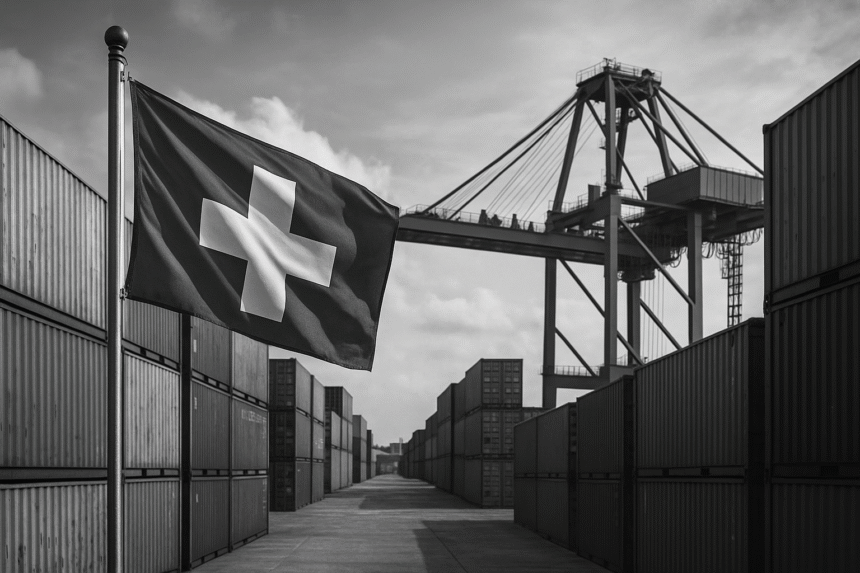What Is the Basel Convention?
Basel Convention Definition and Examples
Quick Answer
The Basel Convention is a global treaty that regulates the transboundary movement and disposal of hazardous waste. Its main goal is to protect human health and the environment from the dangers of poorly managed waste — especially when waste is shipped from developed to developing countries.
Breaking Down the Definition
Here’s what the Basel Convention means in practice:
- “Basel”: Refers to the city in Switzerland where the treaty was adopted in 1989.
- International Treaty: It’s legally binding for countries that ratify it.
- Hazardous Waste: Includes toxic, flammable, corrosive, or infectious materials.
- Transboundary Movement: Applies when waste crosses national borders.
-
Core Rules:
-
Waste cannot be exported without prior informed consent from the receiving country.
-
Parties must manage waste in an environmentally sound way.
-
Illegal trafficking of hazardous waste is treated as a criminal offense under the Convention.
-
It is not a general recycling or sustainability treaty — it focuses specifically on hazardous waste and its cross-border movement.
Why It Matters
The Basel Convention matters because hazardous waste — like e-waste, chemicals, and industrial by-products — can cause severe harm if dumped in unsafe conditions.
Why businesses and governments care:
- Environmental Protection: Prevents high-risk waste from being sent to countries without proper treatment facilities.
- Health and Safety: Reduces toxic exposure in vulnerable communities.
- Corporate Responsibility: Encourages companies to manage waste ethically and transparently.
- Compliance Pressure: Many countries now require exporters and logistics providers to comply with Basel documentation and controls.
This is especially important in industries such as:
- Electronics & E-Waste Recycling
- Mining and Oil & Gas
- Battery Manufacturing
- Medical Waste Disposal
- Global Shipping and Trade
For example, a UK electronics company shipping broken equipment to Africa must now ensure those shipments meet Basel compliance or risk penalties.
Legal and Practical Implications
If your business exports used goods, components, or industrial waste, the Basel Convention could directly affect your operations.
For Exporters:
- You must identify hazardous components in your materials — this may include used electronics, solvents, batteries, or lab waste.
- You must get prior consent from the destination country before shipping.
- You need full documentation outlining the origin, type, quantity, and handling process for the waste.
For Logistics & Customs:
- Shipments must include tracking documents (Movement Documents).
- Non-compliance can result in delays, fines, or forced repatriation of the waste.
For Government and Legal Advisors:
- The Convention must be integrated into national waste regulations.
- Countries must report annually to the Basel Secretariat about transboundary waste shipments and enforcement.
Variation by Country:
- Some countries have stricter internal laws than the Basel minimum standard.
- Regional treaties, like the Bamako Convention in Africa, ban imports of hazardous waste entirely, going beyond Basel’s framework.
Basel compliance is not optional if your business operates internationally in waste or second-hand goods. Ignorance of the treaty can lead to shipment seizure, reputational damage, or environmental liability.
Example Clause or Use Case
Here’s a practical scenario involving a Middle Eastern battery manufacturer:
Scenario: A battery recycling company in the UAE partners with a firm in Europe to import used lithium-ion batteries for recovery. Before moving forward, the UAE company must:
- Identify if the used batteries are classified as hazardous under Basel
- Get prior consent from UAE and the EU exporting authority
- Agree to proper handling and environmentally sound disposal
- Maintain full tracking documentation during transport
This is often embedded in a Waste Shipment Agreement, with a clause like:
“The Parties agree that all transboundary movements of waste shall comply with the Basel Convention requirements, including but not limited to prior informed consent procedures, waste classification documentation, and environmentally sound management practices.”
This clause protects both parties and ensures they’re aligned with international law — especially when national laws are evolving fast around waste trade.
Call-to-Action
Does your business deal with hazardous materials, second-hand electronics, or international recycling? You may already be subject to Basel Convention obligations — even if you’re not aware of it.
We help exporters, compliance teams, and legal departments draft Basel-compliant contract terms, assess waste classification, and reduce cross-border risk.
[Book a consultation] or download our Free Basel Compliance Checklist to start building your internal safeguards today.



Leave a Reply